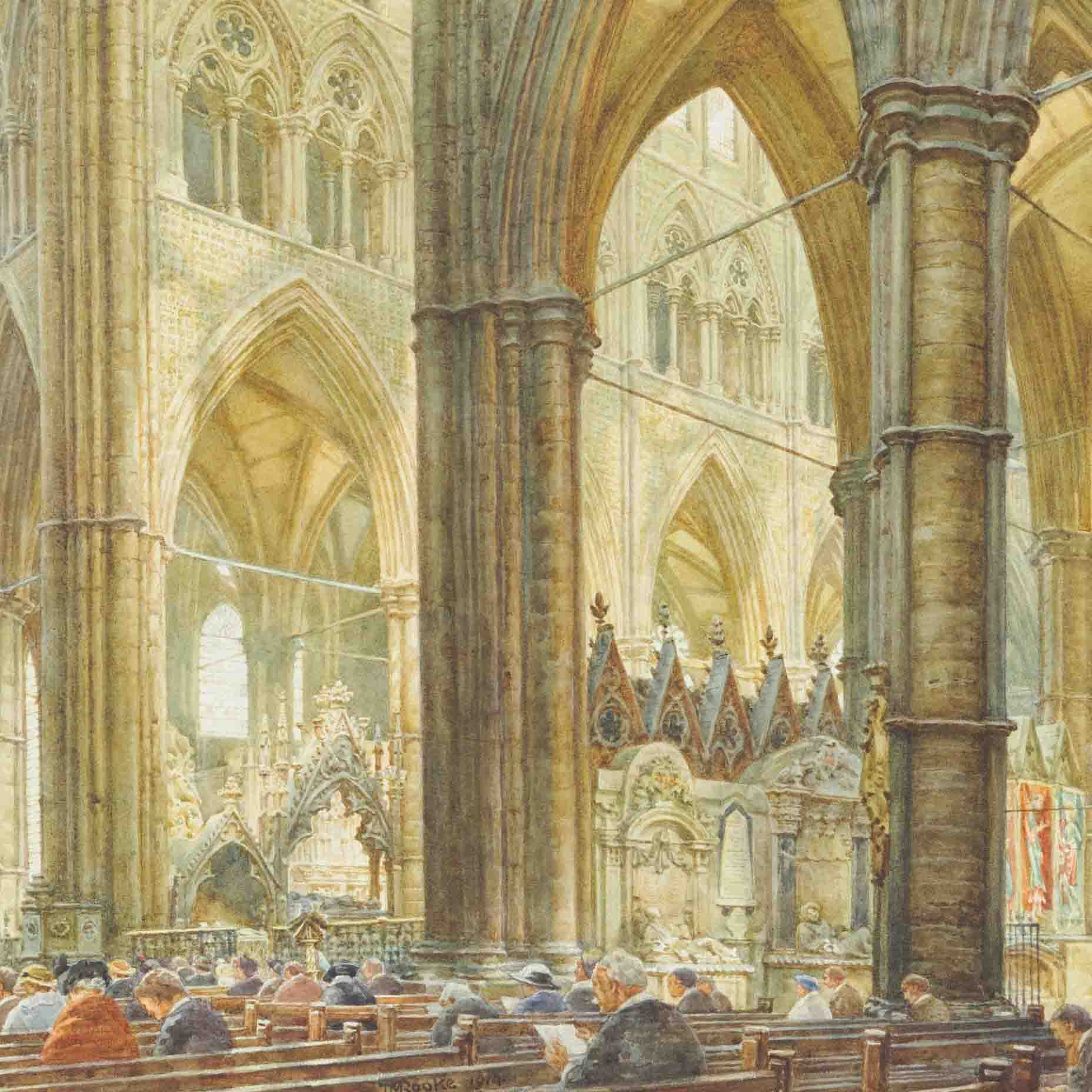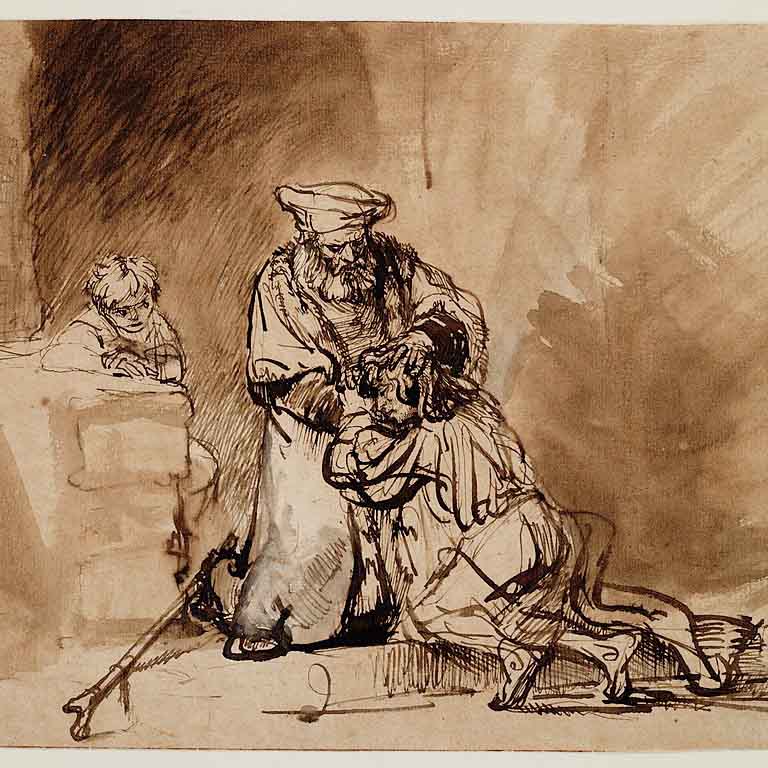By Mary John
Introduction
Prayer is the heart’s resolve to express itself to God and dwell in His presence. Fundamentally, there are 3 main expressions of prayer – Vocal, Meditative and Contemplative (CCC 2700-2724). Each expression is more intense and spiritually fulfilling than its prior, lifting us to higher states of intimacy with God. Our Lord says, “Be perfect therefore, as your Heavenly Father is perfect” (Matt 5:48), calling us to holiness not by our own strength, but through His grace and assistance in prayer.
Vocal Prayer (CCC 2700-2704)
In every moment, it is God who seeks us out and desires communion with us, even when we hide from Him. The first question in Scripture is spoken by God in pursuit of Adam. Adam fled out of shame in disobeying his Maker, but God met him in his hiding place to say “Where art thou?” Ven. Fulton Sheen says, “It is not Man who is on the quest for God, it is God who is on the quest for Man.” To begin vocal prayer, we recognise that God is meeting us wherever we are at. Next, we can either mentally verbalise or say out loud the prayer that we wish to pray. The most common examples of vocal prayer are the Liturgy of the Hours, the call-and-response parts of the Mass or reciting the rosary. It engages our senses and draws our attention back to God, Who meets us where we are at.
Personally, the most beautiful vocal prayer I make regularly is the Mass. It calls to mind the greatness of my Creator, and my little-ness as His creation. I find it easier to come away from the distractions of the world, as my gaze is turned towards Jesus who comes down to save me. As I share in dialogue with Him, I find that there is no expectation of vocabulary and head knowledge that vocal prayer demands of us, God simply desires an honest conversation, with a heart that dares to pour itself out.
Meditative Prayer (CCC 2705-2708)
Meditative prayer focuses on holy truths from Scripture, liturgical texts or even mysteries of the Rosary. We arrive at a deeper level in conversation with God, where the words of truth resonate not just in our mind, but especially so in our heart, hands and feet. Here, the reality of our daily poverty is brought into the light of God’s guidance and love. We can ask ourselves: What is our heart’s disposition and need? What work of our hands are being offered to God? Are we dragging our feet in the walk of discipleship? What graces do we require to walk in God’s truth and love this day?
We pray with our entire being, because God asks for us to “present our bodies as a living sacrifice, holy and acceptable to God” (Romans 12:1). The eventual question that meditative prayer brings us to, is: “Lord, what do You want me to do?” Personally, meditating on a scriptural verse at the start of the day is a mindful and grounding way to offer up my entirety to God. My disposition, weaknesses and thanksgiving is called to mind, and I am drawn to submit my word and deed to what is pleasing to Him.
Ultimately, meditative prayer points to a deep internal transformation of our desires and loves; it is not about following a rulebook of holiness and blindly conforming to Christian standards. As St. Padre Pio says, “The final purpose of meditation is the love of God and neighbor”. This love of God and neighbor must not result in pride of advancing in the spiritual life, but must prompt us to yet another higher depth of intimacy with God in prayer.
Contemplative Prayer (CCC 2709 – 2719)
Contemplative prayer is also known as the “inner prayer”, where the heart is the place of encounter, and all attention is fixed on God. There is no lengthy speech, but only a gentle kindling of the fire of love. Picture a matchstick lighting a tealight candle; the hardened wax melts slowly, and a small flame appears and grows. Sometimes, we even need to cup our hands to ensure the wick continues burning, at least until the flame is strong and tall enough. Such is a time of contemplative prayer with God; an exchange of love that starts small. Carefully but surely, the love is kindled and grown, as we protect our gazing on God from any distractions. Our heart is able to contemplate a greater measure of God’s divine love, and in response, we too pour out a greater measure of love for God.
In Eucharistic adoration, I am able to experience intimacy and transformation through contemplative prayer. One of the revelations of God’s love that I received was the friendship of the Holy Spirit. Known as the Advocate, He understood the inexpressible silent ache of my heart and united me to Jesus even closer through intercession. It was the Holy Spirit who perfected the limited human love I had to offer Jesus, while also funnelling God’s boundless love into my heart. Just as good friends would be, we are comfortable to “waste time” in silence with our Lord, who is our dearest and most faithful Friend and sees the heart especially when words are unable to express the prayer within.
God’s love transforms us in prayer, and the fruit of contemplative prayer is charity. While prayer is a place of nourishment, we must eventually move outwards. The outpouring of love must manifest in our deeds of service, that others may witness the heart of a Christian disciple.





